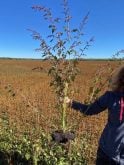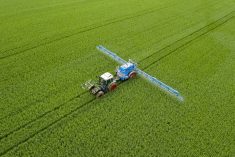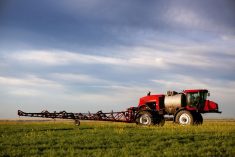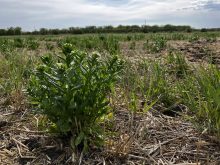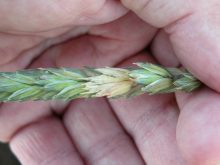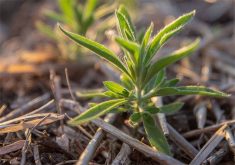On the other side of the world, farmers have learned some valuable insights about herbicide resistance that you can share.
In Australia they’ve long been fighting this battle and the land Down Under has learned some tough lessons.
The International Survey of Herbicide Resistant Weeds found Canada is third in the world in terms of herbicide resistance, with 67 uniquely resistant weeds compared to 90 in Australia and 161 in the United States.
Roger Mandel, technical service specialist for BASF in Australia, argues that Canada should be higher on that list.
Read Also
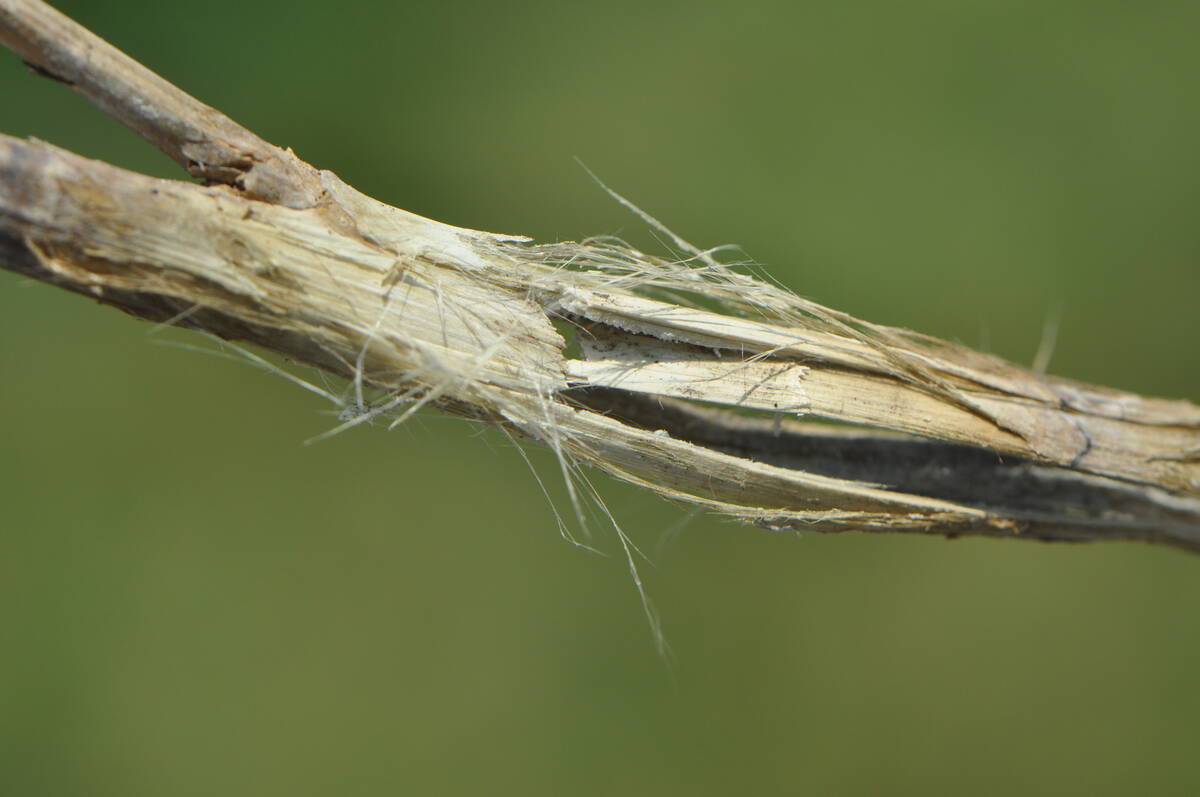
Manitoba sclerotinia picture mixed for 2025
Variations in weather and crop development in this year’s Manitoba canola fields make blanket sclerotinia outlooks hard to pin down
“You guys only spray weeds six months of the year,” he said. “My growers and agronomists in this area, we spray 12 months of the year. Summer weed spraying is where we can have three or four summer weed spraying operations a year in that time and it’s a very costly operation and everybody’s trying to do it on the cheap.”
For most, he said, that typically means application after application of glyphosate, as well as common use of half rates, in an attempt to cut costs in an environment with limited rain and far lower yield potential than Western Canada.
“It works for a little while. Then it doesn’t work quite as well, so we put a little more in, and then we get this creeping decrease in sensitivity, and it’s a form of resistance,” Mandel said.
BASF has made Australia the prime example in an online resource for farmers.
The company hosted a webinar on herbicide resistance live this spring, featuring Mandel, retired AAFC weed scientist Bob Blackshaw and Canadian BASF technical specialist Andrew Reid.
Just under 350 viewers logged on to watch the webinar live, while more than 120 have since viewed the recorded video, now posted from the company’s website.
“I think one of the big things with this is some of the information and the experience, really, that Roger brings from being on the ground in western Australia, which is really the hotbed for a lot of their resistance problems, was invaluable to show and really describe where the situation has gone there and kind of give us an indication of where we really don’t want to go,” Reid said.
The company has drawn parallels between dryland cropping in Australia and the Prairies, despite the divergence in climates, most particularly, that Australia does not have Canada’s subzero winters.
Some areas of Australia are able to crop year round, Reid acknowledged, although he added that other regions still have an “off” season of several months, where it is too hot and dry to grow crops.
“But a lot of times, if they get moisture, they’re still spraying herbicides to try and manage any potential weeds to conserve moisture as much as they can,” he said.
The industry-driven project joins the list of public resources also raising the alarm on herbicide resistance.
The topic was already centre stage during a Manitoba Agriculture Crop Talk webinar in May, with provincial weed specialist Tammy Jones noting resistance issues in green and yellow foxtail, kochia, and wild oats, among others.
The provincial specialist called for “zero tolerance” when it comes to managing herbicide-resistant weeds early.
It is also not BASF’s first call for farmers to shift management.
In February, Blackshaw also urged attendees of an industry event in Brandon to strike a balance between chemical and non-chemical strategies, such as longer rotations.
Farmers can access the webinar without cost on the BASF website.








